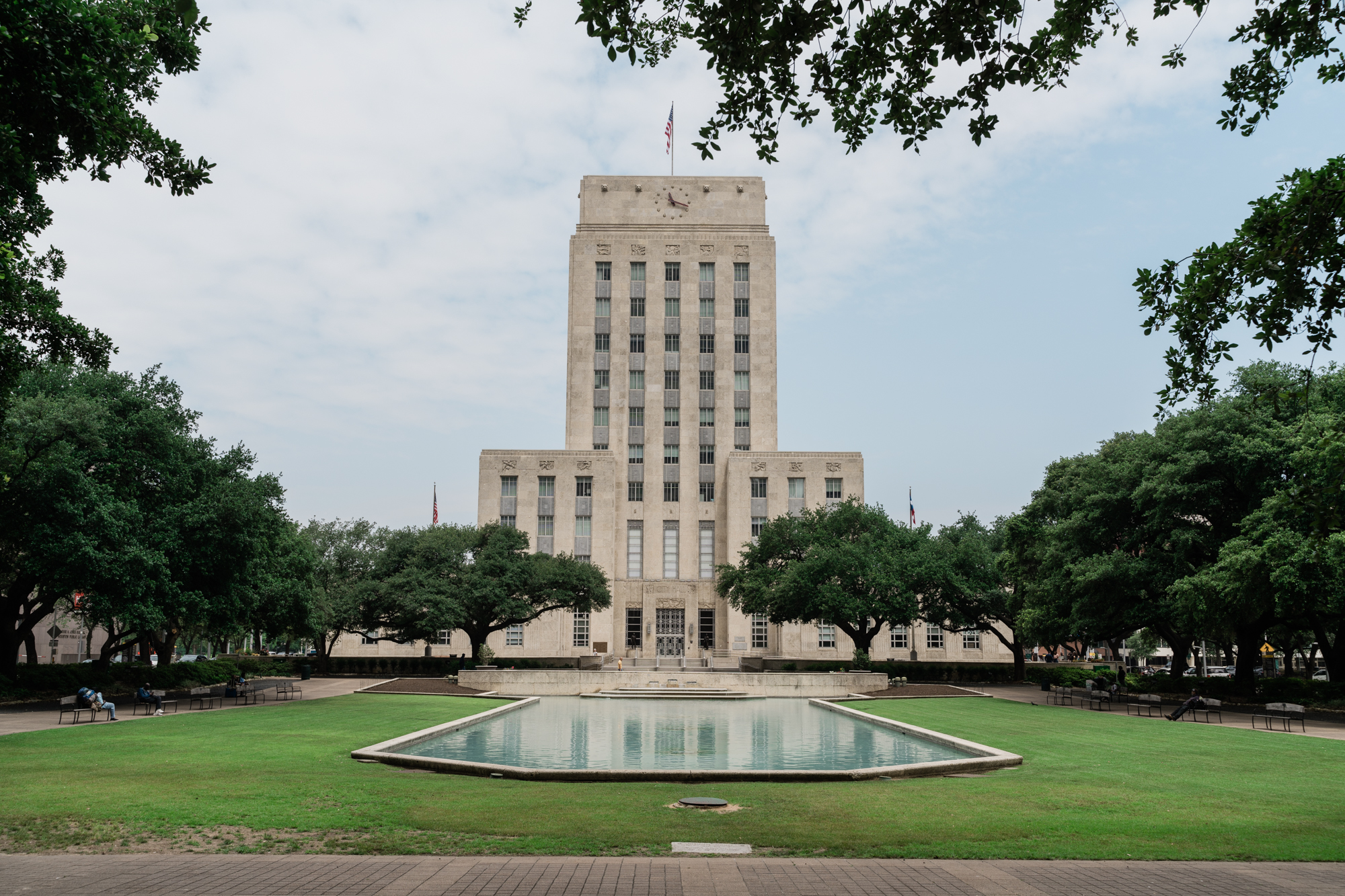Short-term rental owners in Houston may soon be required to register their properties with the city, provide proof that they have paid their hotel occupancy tax, and have sizeable liability insurance policies, which some businesses claim might be prohibitively expensive.
The conditions for houses or rooms rented for less than 30 days in a row have been modified by cities around the nation in recent years. The idea is one of the first big moves Houston has taken toward regulating short-term rentals, as the city is the only large metropolis without zoning restrictions.
A proposal that will be submitted to a City Council committee on Monday would require property owners who rent out their properties through websites like Airbnb or VRBO to adhere to a number of additional regulations in order to maintain their registrations. The proposed rules include a $1 million liability insurance coverage, adherence to Houston’s noise law, and the designation of an emergency contact who can get at the location within an hour of notification.
Go here to read the proposed regulations.
In recent months, during the public comment phase of its sessions, the City Council has been asked about the proliferation of short-term rentals, which locals claim make noise excessively, exacerbate parking in the neighborhood, or encourage dangerous conditions.
The council has frequently urged patience while the regulations are being drafted.
Over 8,500 short-term rentals in Houston have been recognized by the city.
Owners of short-term rentals must already abide by Texas hotel laws, which include paying the hotel occupancy tax. However, the Houston proposal would compel owners to provide proof of payment in order to continue operating.
The homes generated $400 million in total tax revenue for Houston, according to an Airbnb report from November 7. This includes $8.5 million in local hotel occupancy taxes, which Airbnb organizes for owners who have registered on its website.
The Houston plan does not impose restrictions on how owners or renters may use the land, such as limiting the kinds of events that can be held or the number of attendees, in contrast to other cities where rental laws have been overturned by the courts.
Rather, the Houston standards add more requirements at the front end of the registration process while enforcing existing regulations, including as the city’s noise and litter prohibitions.
According to a representative for Airbnb, one of the businesses the city polled over the proposal, the company would collaborate with the city to inform owners about appropriate rules. Concerns over some policies that the company felt would restrict someone’s capacity to run a short-term rental business were raised in the survey replies.
According to the business, the permission application should be completed fully online, be easy to complete, and have a prompt response. Additionally, Airbnb claimed that the high insurance policy would be limiting and requested that the city acknowledge that a property listed on the Airbnb website automatically indicates that the company has already paid the owner’s hotel occupancy tax.
Many of Airbnb’s concerns were shared by the landlords surveyed by the city, who also stated that it is improper to revoke a permit due to a tenant’s actions that the owners are unaware of.
Any infraction of the proposed ordinance would result in a fine of $100 to $500 for each day the infraction is committed.
According to the city’s presentation, the majority of resident feedback has been positive, with 58% of the answers endorsing the new regulations.
Some comments recommended that the city take additional steps, such as outright banning short-term rentals or prohibiting renters from using on-street parking. Others proposed exempting property owners who have not experienced any known problems from paying the application fees.
The idea will be discussed by a City Council committee in City Hall on Monday at 2:00 p.m. The entire council has not yet seen the formal proposal. Homeowners would not be able to make any adjustments until 180 days after the City Council gave its approval.








